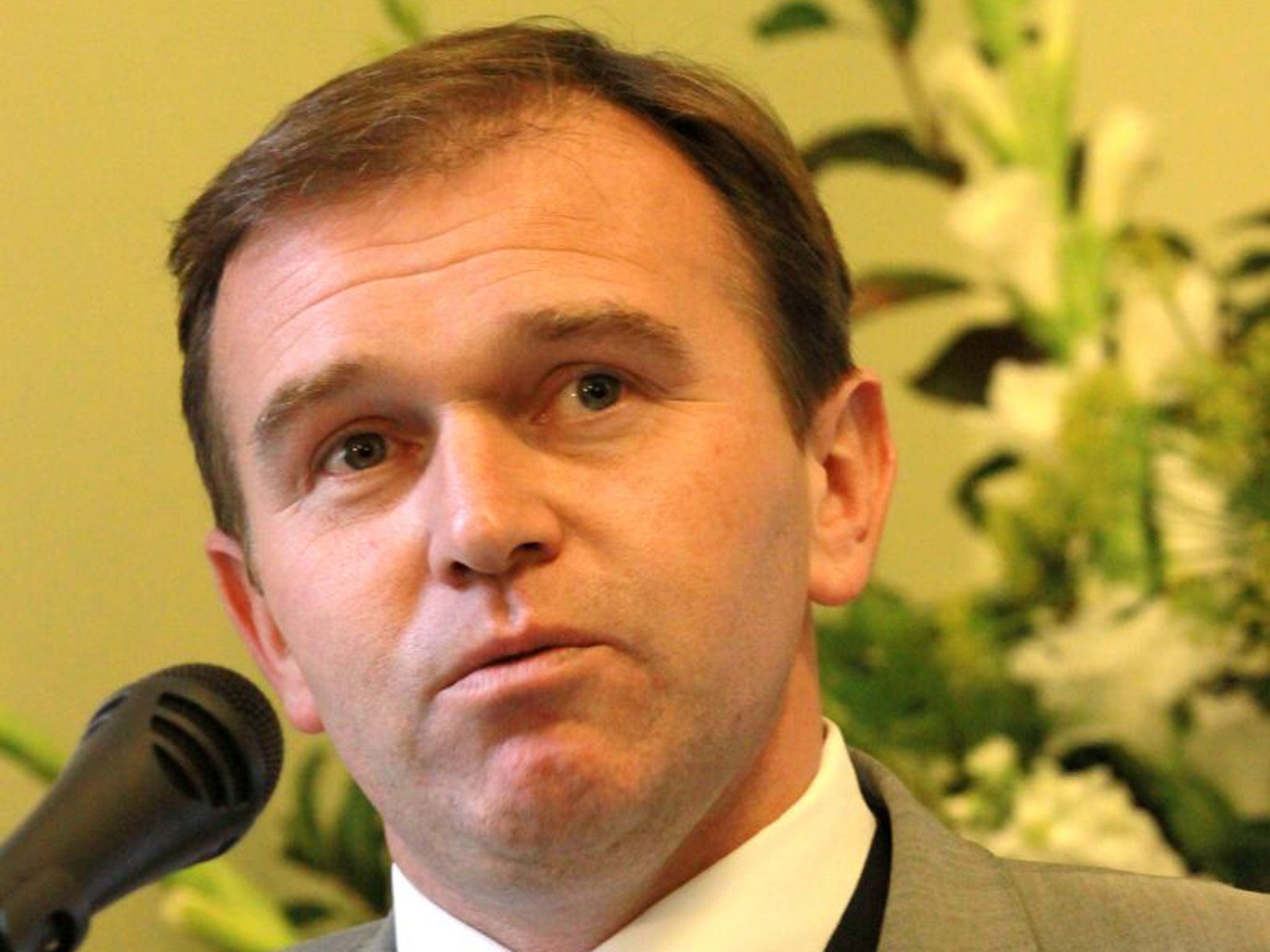Defiant Fisheries minister calls for increase in cod fishing
George Eustice argues that reducing quotas will result in more fish being discarded – at least until 2016, when a discard ban begins to be applied

Your support helps us to tell the story
From reproductive rights to climate change to Big Tech, The Independent is on the ground when the story is developing. Whether it's investigating the financials of Elon Musk's pro-Trump PAC or producing our latest documentary, 'The A Word', which shines a light on the American women fighting for reproductive rights, we know how important it is to parse out the facts from the messaging.
At such a critical moment in US history, we need reporters on the ground. Your donation allows us to keep sending journalists to speak to both sides of the story.
The Independent is trusted by Americans across the entire political spectrum. And unlike many other quality news outlets, we choose not to lock Americans out of our reporting and analysis with paywalls. We believe quality journalism should be available to everyone, paid for by those who can afford it.
Your support makes all the difference.The Fisheries minister, George Eustice, is today preparing to defy scientists by demanding higher cod quotas – in the latest instance of the Government going against expert environmental advice.
Academics have recommended cuts of up to 33 per cent in cod catches in UK waters – in line with a recovery plan put in place in 2008 – but the reductions are contested by fishermen and ministers.
Cod numbers have been rising for several years in succession, albeit from a historically low level, and fishing communities are arguing for quotas to be increased.
But scientists from the International Council for the Exploration of the Sea (Ices), which advises European governments on fish stocks, maintain that to allow quotas to rise in 2014 would damage the long-term recovery of cod.
As part of the management plan to help the fish to recover after being heavily overfished, scientists have called for an overall cut in catches around the UK of 15 per cent in 2014.
In the North Sea they want cod catches reduced by 9 per cent, while in the Celtic Sea they want them slashed by 33 per cent. In the West of Scotland and the Irish Sea, quotas have already been reduced to zero, and scientists are opposed to any increase.
Mr Eustice, however, will call for an increase in the total allowable catch (TAC) when he sits down with other European ministers at the two-day Fisheries Council meeting starting today. He is expected to have the support of other cod-fishing nations, including Norway and Ireland, which have already questioned the advice.
Ministerial opposition to the recommended cut is likely to postpone a decision until early next year, when talks can be held alongside negotiations on how to end the “mackerel war” between the EU and Iceland.
Mr Eustice argues that reducing cod quotas will result in more being discarded – at least until 2016, when a discard ban begins to be applied. The species is taken from mixed fisheries around the UK and so cannot always be caught separately to other commercial stocks, such as whiting.
Haddock and langoustine are among the other species that scientists believe should see large cuts in the catch but which Mr Eustice is likely to challenge. But he recognises that “cod is a big one, in the North Sea in particular”.
He said: “The stock is higher than the TAC has recognised. There’s no point in reducing the quota if it’s going to lead to more discards. We don’t think there should be a cut. We don’t think there should be a cut in the TAC either. There’s probably a case for a modest increase and some scientific evidence for increasing the TAC on cod.
“Ultimately, a lower TAC goes against what we are trying to achieve. I think it needs more flexibility in the system. Otherwise we are in the hopeless position of throwing dead fish back into the sea.”
Coalition ministers have previously been criticised for ignoring scientific evidence on policies, including the badger cull.
Join our commenting forum
Join thought-provoking conversations, follow other Independent readers and see their replies
1Comments